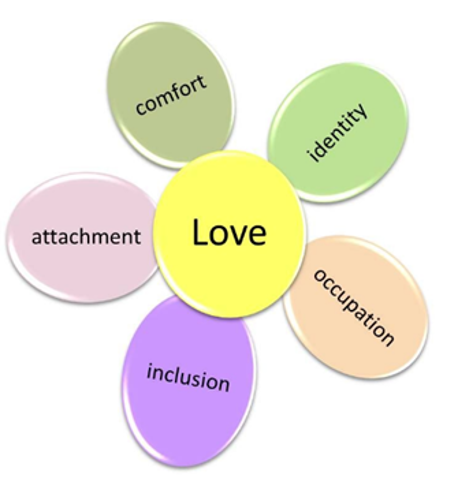The desire in human beings to control other people is strong. These feelings to control others sit in our subconscious and are not something we eagerly admit. The desire to control others often comes from a desire in ourselves to feel in control and can stem from feeling out of control.
Controlling care which goes by unchallenged is insidious, it creeps into each day and sets the tone. It comes always form a ‘we know best’ attitude. It can be found in the language use of staff which is all about the overuse of negative words which stop, prevent or restrict people. Or instead of direct language it is about a lack of language with people being moved without being spoken to or having a choice or the movement explained.
In contrast, person centred care shifts the focus from ourselves to the people we are caring for, and ‘adds to/is more than’ meeting people’s physical care needs but builds conversation and social interaction to meet people’s emotional care needs for comfort, love, attachment, inclusion, occupation and identify.
We need to be vigilant about eliminating controlling care in our services. We need to regularly take the time to observe our service to see what the care looks, sounds, and feels like. Acknowledge the truth – good and bad. Would you want to live here or attend the service? How can we improve or do better? How do we maintain the high standards? Once you know there is a better way, you can’t go back. Keep doing better.

OT (Australia)
Managing Director MCM

